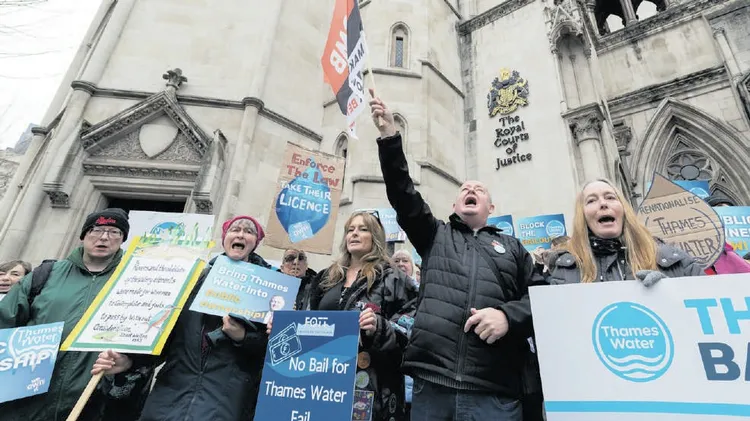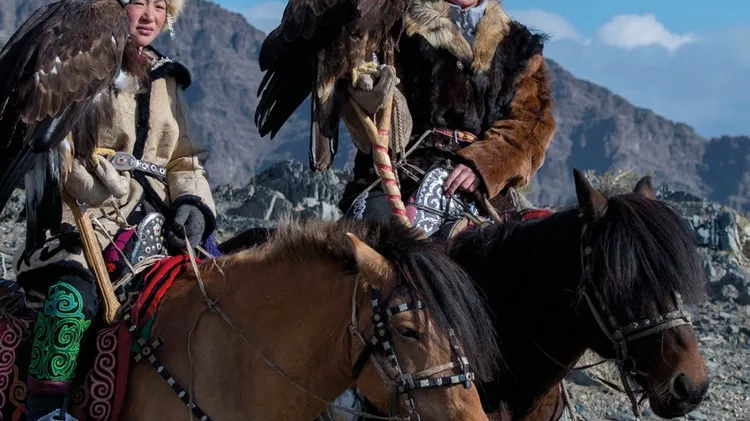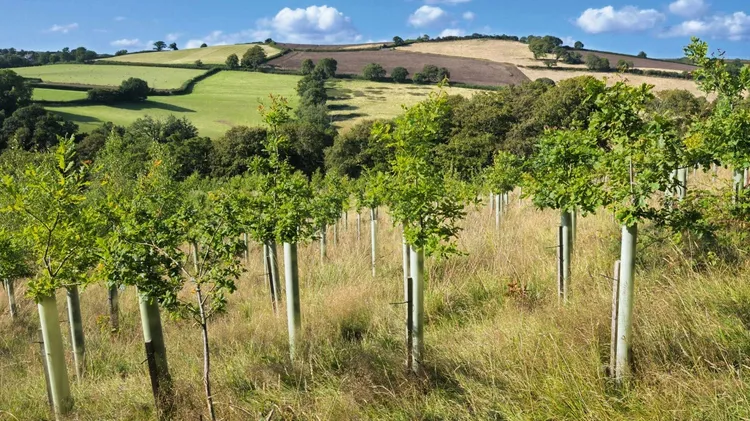“Taking governments to court is a significant conservation tool”
Mark carwardine
2 min read
This article is from...
Read this article and 8000+ more magazines and newspapers on Readly






